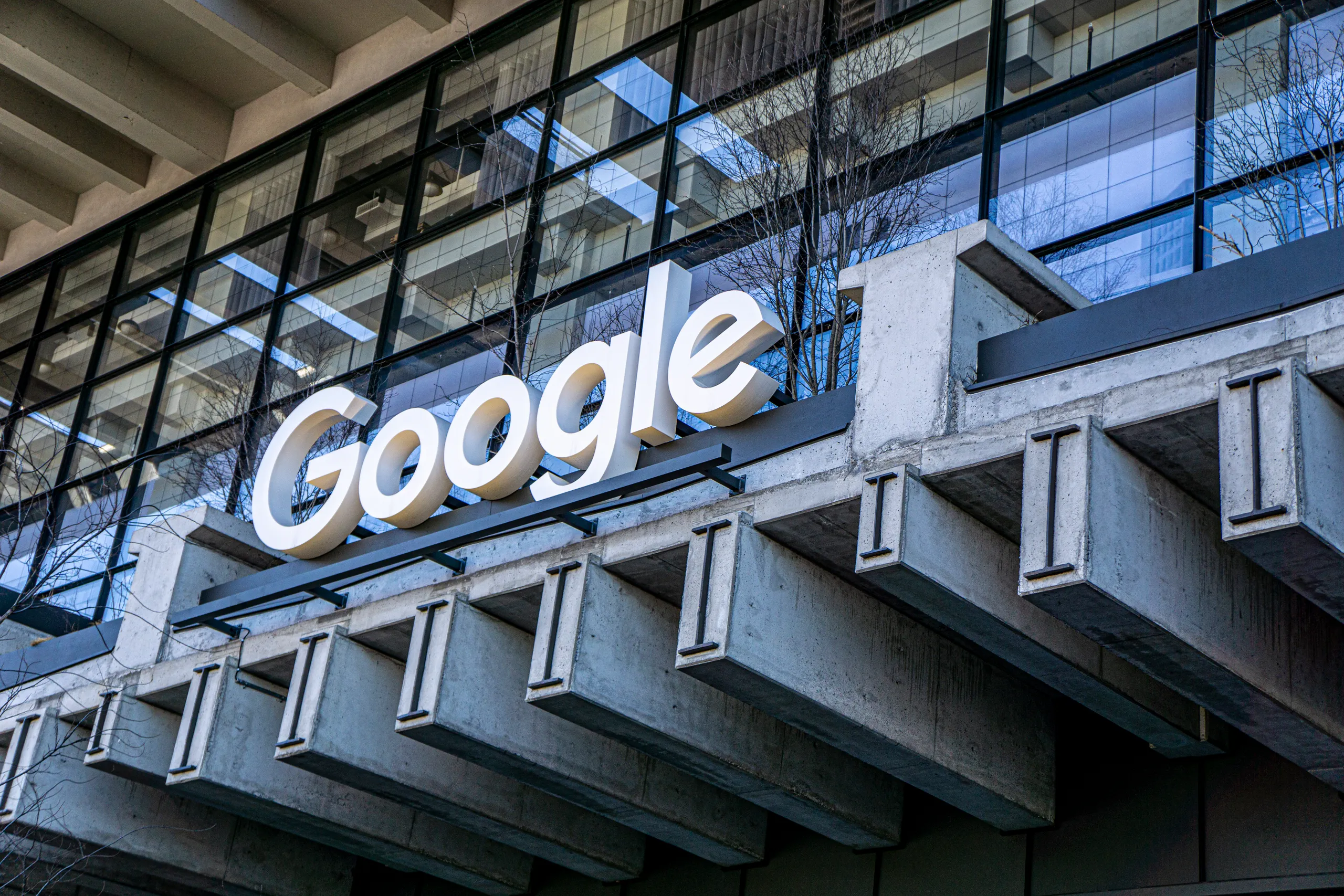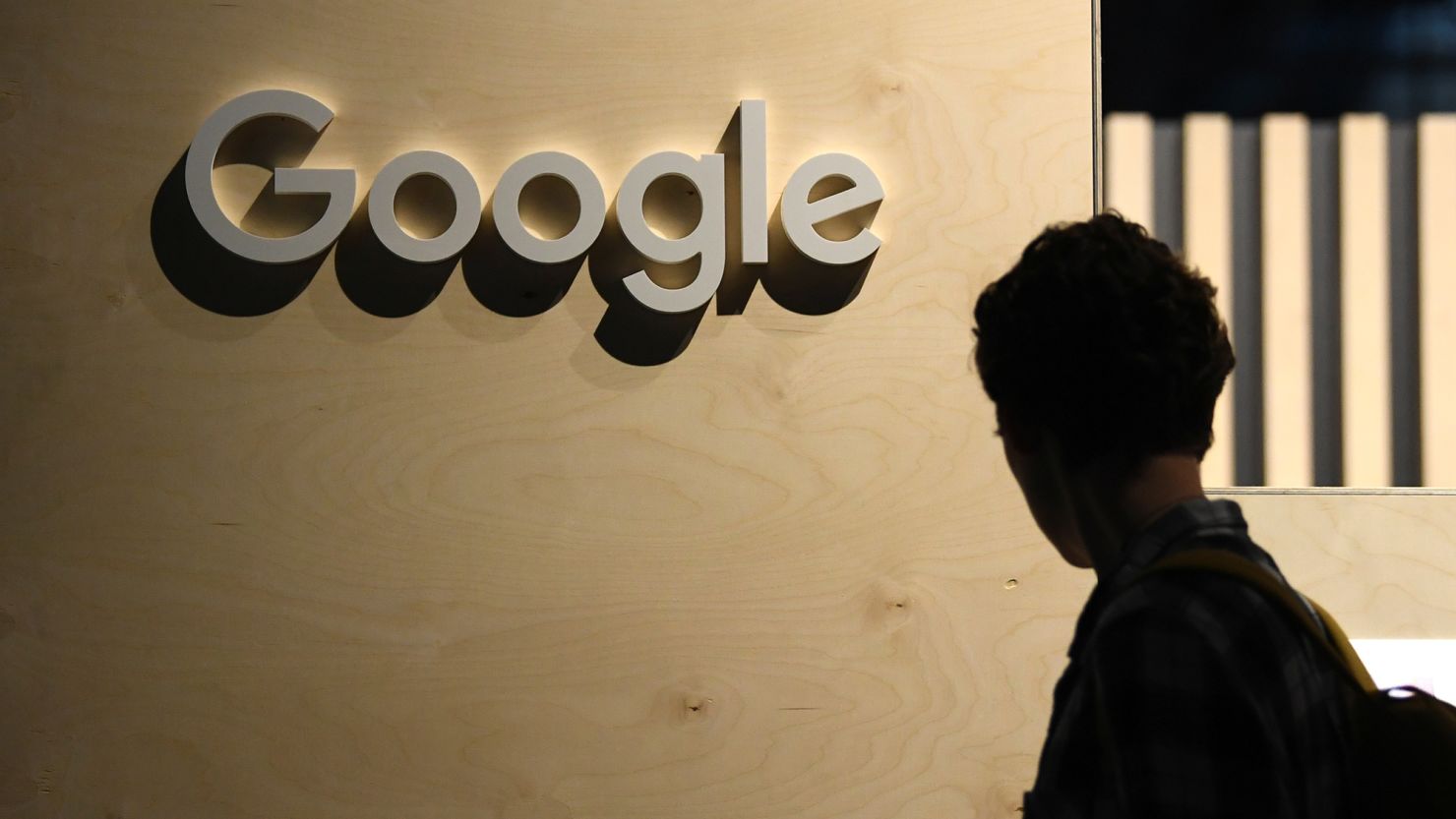On Monday, Judge Amit P. Mehta of the US District Court for the District of Columbia ruled that Google violated antitrust laws by trying to monopolize the online search sector. The court’s decision was influenced by claims that Google employed anti-competitive tactics, such as paying tech giants like Apple, Samsung, and Mozilla to set its search engine as the default on their devices. This strategy was alleged to have hindered competition by diminishing the market presence of rival search engines.
Google defended its practices by arguing that its dominance in the market was due to the superior quality of its search engine and the range of products it offers. The company suggested that comparing its search engine to its competitors might exaggerate its market share, and it argued that a more balanced comparison should include companies like Amazon, which also rely heavily on web traffic.

Court Finds Google Breached Antitrust Laws in Search Engine Monopoly Case
In response to the ruling, Kent Walker, president of global affairs at Google’s parent company Alphabet, issued a statement acknowledging the court’s recognition of Google’s high-quality search engine. However, he criticized the ruling for suggesting that Google’s prominence should hinder its accessibility. Walker also emphasized that both Apple and Mozilla regularly evaluate search engines and find Google superior to its competitors.
This ruling represents a significant setback for Google and could have major implications for its business model. The court’s decision might lead to structural changes within Google, potentially including the sale of some business units. Additionally, the ruling could influence how internet services are used and regulated. Google has announced its intention to appeal the decision.
The antitrust lawsuit, initiated by the Department of Justice and several US states in 2020, was based on Google’s practice of paying billions to make its search engine the default choice on various devices. For instance, reports indicate that Apple alone received approximately $18 billion from Google.
With Google controlling over 90% of the search market and dominating the sponsored ads sector, this ruling could significantly impact both the company and the broader online search industry.









































